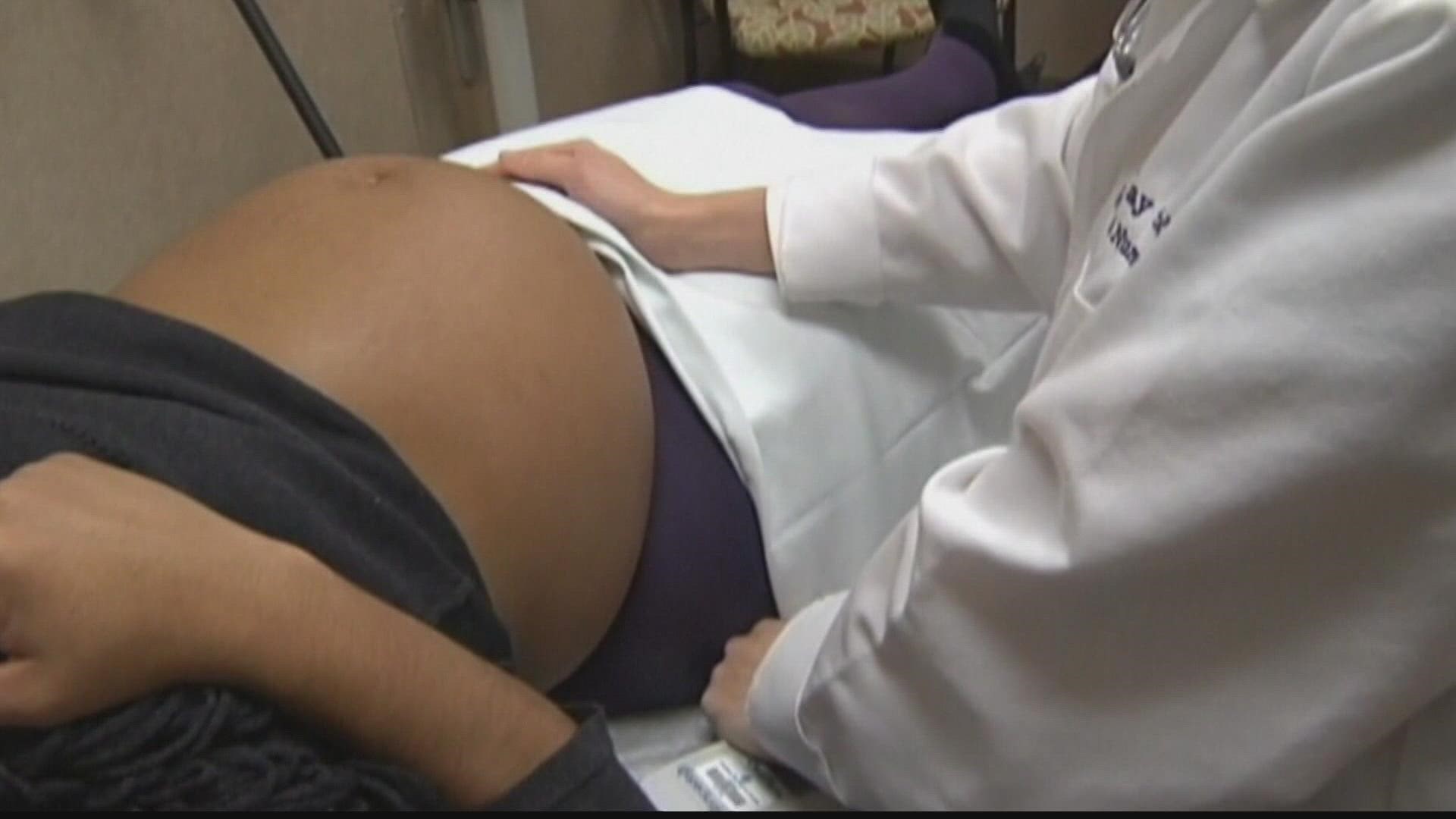ATLANTA — Dr. Patricia Marsh has spent years treating and counseling women through their pregnancy. When it comes to postpartum depression, she says there are multiple factors that make it more likely for Black women to experience symptoms.
"I'm very inviting, empathetic with my patients because I've been there. I know what it feels like to not want to get out of bed." She said. "I know what it feels like to not want to do anything or even have the energy to function in your regular world, and you can have all the pertinent responsibilities in the world. But if you are in that emotional state, we just talk. We have to talk it straight out."
Dr. Marsh says one thing to consider when looking at the potential for PPD is the mental health of the mother prior to pregnancy. She tells 11Alive's Karys Belger it's not something that's always taken into consideration.
Physicians diagnose PPD using the Edinburgh Postnatal Depression Scale. The questionnaire helps look for symptoms that will alert a physician to PPD.
"We, as physicians are to give another questionnaire called the PHQ-9 that has nine questions that assess depression. And so having that once a year at your annual will kind of be your kind of check-in with the doctor who's caring for you to say, OK, let's talk about your mental health."
The Centers for Disease Control notes PPD is more likely in mothers of color. Black women specifically are less likely to seek help for their symptoms. Dr. Marsh says this is partially due to social expectations that are attached to motherhood.
"Culturally postpartum, a lot of expectations are not kind of there either overshot or there is no true understanding of the demands of having a newborn, and it is quite demanding. And I think we, as Black women, we don't share those stories enough."
Part of what makes Black women more likely to develop symptoms is what Dr. Marsh identifies as the Social Determinants of Health. These are any number of factors that prevent an individual from living an optimally healthy lifestyle and getting access to regular care.
"Where you live, how much money you have, your education levels, are you a smoker or are you a drinker? Do you have a husband? Do you have somebody in the house supporting you or helping you?" She said.
When it comes to solutions, Marsh says doctors can help by taking a little more time to ask about the circumstances going on in their patient's lives to best identify how to support them.
"This is identifying the problem." She said. "Understanding the emotions attached to that problem. Right. And after we discuss the emotional, you know, the emotional manifestations of the problems we talk about solutions, how can we help in that situation?"

